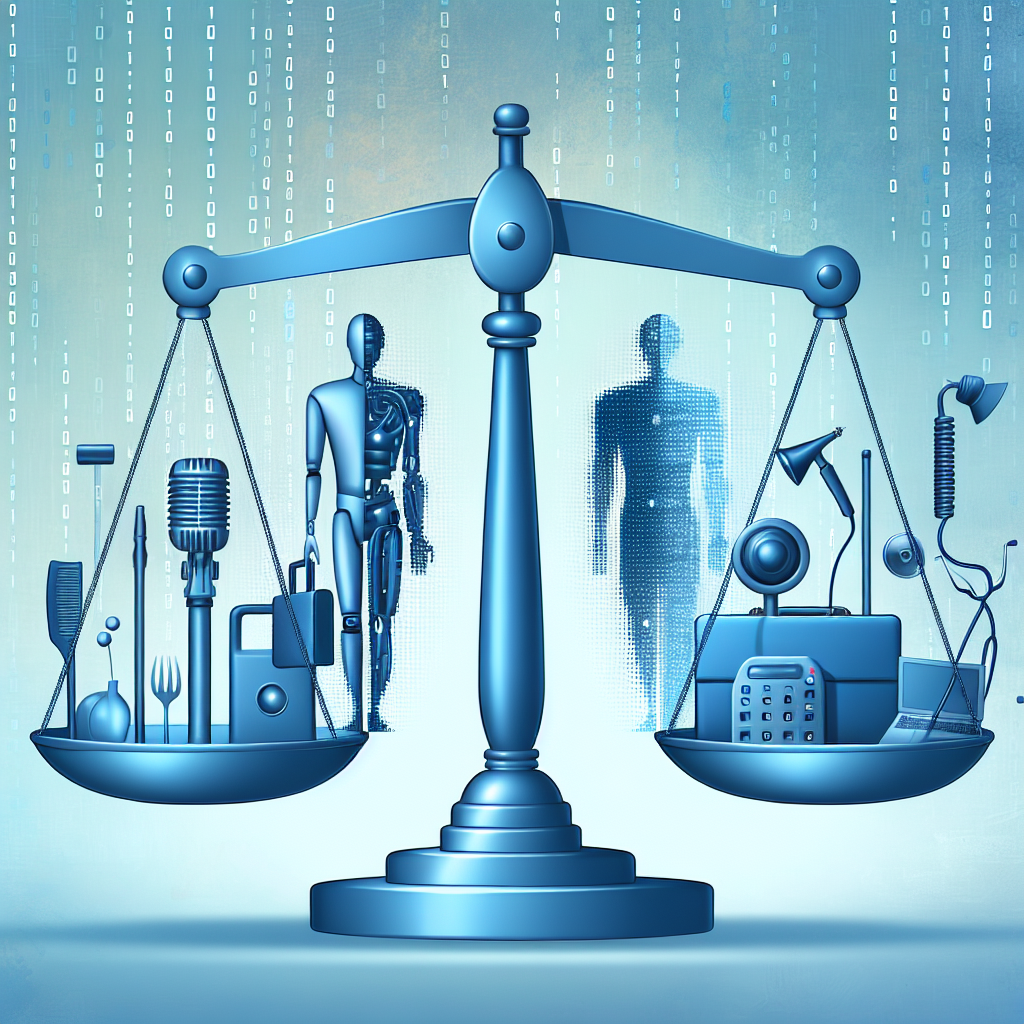Artificial General Intelligence (AGI) is a term that refers to machines that possess the ability to understand, learn, and apply knowledge in a way that is indistinguishable from human intelligence. While we are still some years away from achieving true AGI, many experts believe that it is only a matter of time before we reach this milestone. As AGI continues to advance, one of the key questions that arises is how it will impact employment in the future.
The job market has already been significantly transformed by the introduction of Artificial Intelligence (AI) technologies in various industries. From automated customer service chatbots to self-driving cars, AI is changing the way we work and interact with technology. However, as AGI becomes a reality, the potential impact on employment is even greater.
In this article, we will explore the potential implications of AGI on the job market and discuss how AI may impact employment in the future.
The Impact of AGI on Employment
One of the key concerns surrounding AGI is the potential for job displacement. As machines become more intelligent and capable of performing a wide range of tasks, there is a fear that many jobs currently performed by humans will be automated. This could lead to widespread unemployment and economic disruption.
However, it is important to note that the impact of AGI on employment is not necessarily negative. While some jobs may be automated, new opportunities may also be created as a result of advances in AI technology. For example, as machines take on routine and repetitive tasks, humans may be able to focus on more creative and complex work that requires human intelligence and emotional intelligence.
Additionally, AGI has the potential to revolutionize industries such as healthcare, education, and transportation, leading to new job opportunities in these sectors. For example, AI-powered medical diagnostics could improve patient outcomes and create new roles for healthcare professionals. Similarly, self-driving cars could create new roles in the transportation industry, such as vehicle technicians and safety monitors.
Overall, the impact of AGI on employment will depend on a variety of factors, including the pace of technological advancement, government regulations, and societal attitudes towards AI. While there are concerns about job displacement, there is also the potential for AGI to enhance productivity, create new job opportunities, and improve overall quality of life.
FAQs
Q: Will AGI lead to widespread unemployment?
A: While some jobs may be automated as a result of AGI, new opportunities may also be created in industries that benefit from AI technology. It is important to consider both the potential challenges and opportunities that AGI may bring to the job market.
Q: What can individuals do to prepare for the impact of AGI on employment?
A: To prepare for the impact of AGI on employment, individuals can focus on developing skills that are less likely to be automated, such as creativity, critical thinking, and problem-solving. Lifelong learning and staying up-to-date on technological advancements will also be crucial in navigating the changing job market.
Q: How can governments and policymakers address the potential impact of AGI on employment?
A: Governments and policymakers can play a key role in addressing the impact of AGI on employment by implementing regulations that protect workers, investing in education and training programs, and promoting innovation in AI technology. It will be important for policymakers to strike a balance between encouraging technological advancement and ensuring that workers are not left behind in the process.
Q: What are some of the potential benefits of AGI for the job market?
A: AGI has the potential to enhance productivity, create new job opportunities in industries that benefit from AI technology, and improve overall quality of life. By automating routine and repetitive tasks, AGI could free up humans to focus on more creative and complex work that requires human intelligence and emotional intelligence.
In conclusion, AGI has the potential to revolutionize the job market in the coming years. While there are concerns about job displacement, there is also the opportunity for new job opportunities and advancements in various industries. By understanding the potential implications of AGI on employment and taking proactive steps to prepare for the future, individuals, governments, and businesses can navigate the changing job market and harness the benefits of AI technology.

